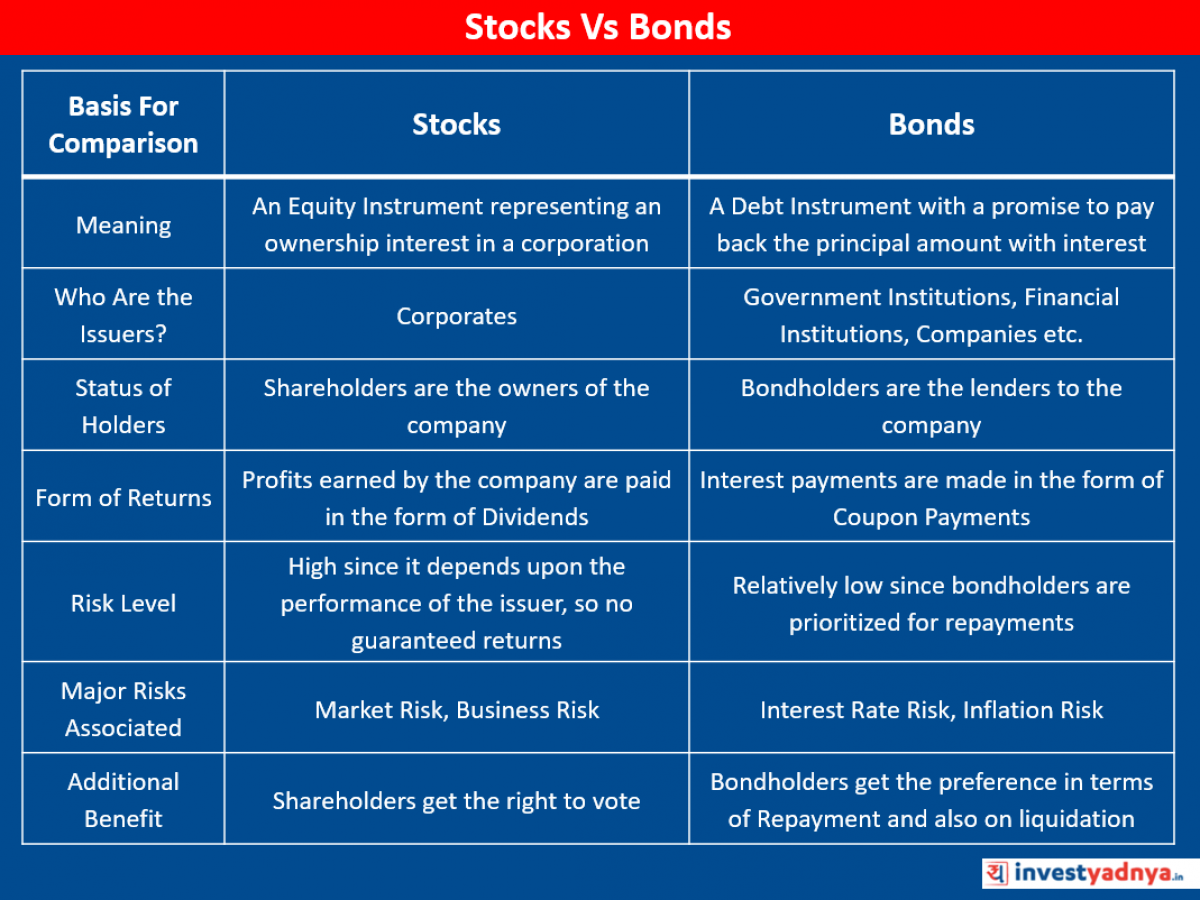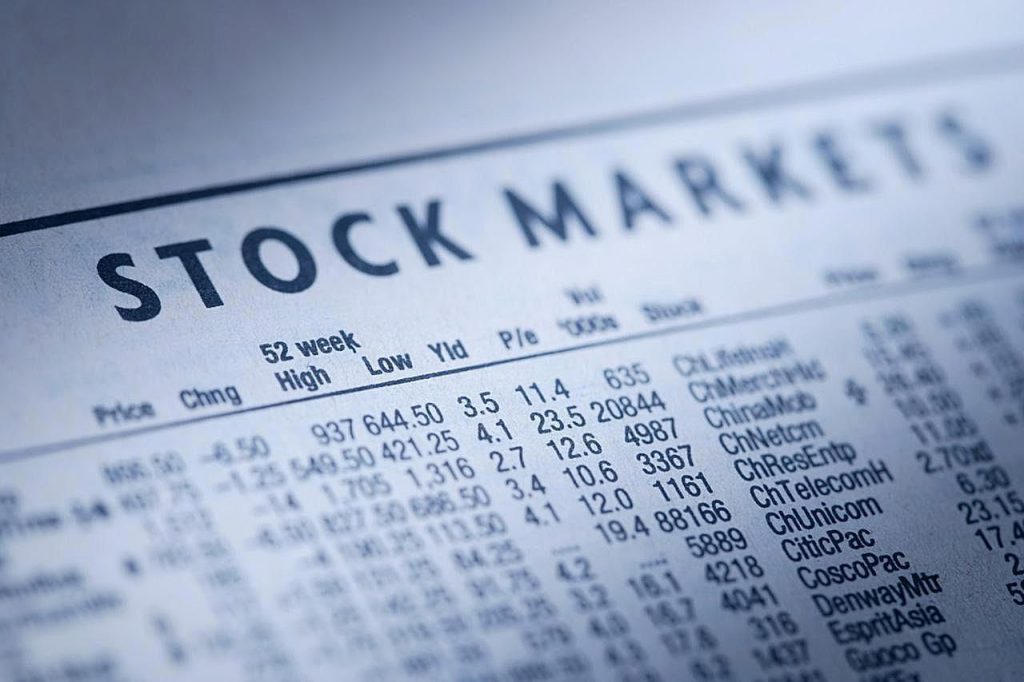Contents
What do you know about stocks vs. shares? Over the years, many people find it difficult to differentiate stocks from shares.
To understand the difference between stocks vs. shares, we have made it easier for you with a piece of simplified information on the two.

When people pay into stocks in companies, they are buying into stakes in the companies and not for interest.
You invest because you want the best for the companies you are buying up these stocks. However, shares are different.
When you buy shares, you are aiming for profitability. You do not have business with the ownership of the company
While people often use the terms shares and stocks interchangeably, there is a need to put each instrument where they belong.
Shares could mean investments such as mutual funds. When it comes to mutual funds, an investor owns shares, but not the whole stock.
More so, one can hold or buy shares in real estate investment trusts, limited partnerships, and exchange-traded funds.
On the other hand, stocks refer to a type of security, which is traded on a stock exchange and specific to corporate equities.
| Basis for comparison | Stocks | Shares | ||
| Meaning | It is the larger form of a share. | It is a smaller unit of stock. | ||
| Relationship with the owner | When the owner owns the shares of several companies, we say that the owner owns stocks. | When the owner owns the shares of a particular company, we say that the owner owns shares. | ||
| Term | The stock is a generic term. When an owner owns stocks, we can’t specify them as shares of a particular company. | Share is a specific term. When the owner owns shares, we can ask about a particular company. | ||
| Example | Mr. A invests in stocks (this statement doesn’t require any further questioning). | Mr. B has invested in shares (then the next question would in which company, how many shares, what type of shares, etc.) | ||
| Macro & Micro | Stock can be compared to the automobile (industry). | Shares can be compared to the car (particular company). |
Denomination: A person who owns stocks in a company may own different stocks of different values.
A person who owns shares in a company may own different shares of the same or equal value.
Nominal value: While stocks have no nominal value, shares possess a nominal value associated with them (for example, $5 a share).
Original issue: Unlike shares, a company or companies can issue stocks at any point in time when they need to raise capital.
Numeric value: Stocks do not have a definite number unlike shares. This definite number is also known as a distinctive number.
Ownership: A person who owns shares in a company has ownership of just one particular company while a person who owns stocks may hold ownership in more than one company.
Preference in terms of transfer: Because shares can be made into fractions in a transfer, they are mostly preferred. For transfer, stocks cannot be in fractions hence their preference is lower.
Paid up value: Shares are either partially paid or fully paid. When it comes to stocks vs. shares, stocks are always fully paid up.
Stocks vs. shares are basic terms used interchangeably as they denote the same things to an extent (that is, an individual’s ownership in a public company).
However, it is mandatory for new investors to understand these terms before starting trade in the stock market.
What is a stock?
A stock can be defined as financial securities, which represent one’s part-ownership in one or more companies.
When an individual successfully buys stock in a company, that individual becomes a shareholder of the company.
As a proof of ownership, a stock certificate is issued to that individual and contains details about the number of stocks the individual holds in the company.
Comparing stocks vs. shares, you do not have a limit when buying stocks or the number of organizations an individual can buy stocks from.
Investors target the stocks of companies, which are likely to have an increase in its value in the nearest future.
The investor can now sell these stocks when the hike in price occurs and earn profit.
Also, an individual who buys stocks from a company receives a share of the company’s profit as a result of their part-ownership.
This may be seen in the form of quarterly, annual or monthly dividend payments. You can consider this when comparing stocks vs. shares.
Buying stocks reduces the impact of inflation in the market over a period and is also a great way to make money.
Types of stocks
There are two kinds of stocks, which includes:
Common stock:
Individuals who invest in common stocks have a more directive stake in the company and receive company dividends at regular intervals.
They also have the right to vote during shareholders’ meetings.

Preferred stock:
Individuals who invest in preferred stocks are not given any voting rights. However, these individuals receive dividend payments before the common stockholders.
They are also given more priority over the common stockholders in the case where the company goes bankrupt.
The common and preferred stocks fall under the categories below:
Value stocks:
Value stocks can be either income or growth stocks. Individuals who buy value stocks expect the stock price to rebound in the nearest future.
These stocks are much cheaper than those with a higher PE ratio as they usually have a low price-to-earnings (PE) ratio.
Income stocks:
Income stocks pay dividends to their investors consistently and help an investor to generate income regularly. A good example of the income stocks is an established utility company’s stocks.
Growth stocks:
Growth stocks can be seen in a start-up tech company. These stocks rarely offer dividends and the investors depend on capital appreciation to earn profit.
However, stocks in this category grow and earn at a faster rate than the usual market average.
Blue-chip stocks:
Blue-chip stocks are the shares of big and renowned companies, which have a solid growth history. These stocks generally pay dividends to their investors.
Due to the reliability of the company, blue-chip stocks are common among investors.
Furthermore, stocks can also be grouped in terms of their market capitalization and size. These include:
- large-cap stocks
- mid-cap stocks and
- small-cap stocks.
Microcap stocks are shares of small companies while penny stocks are low-priced stocks.
Individuals who buy stocks are able to make money or profit by:
Selling shares: By selling shares at a higher price than the initial purchase price, investors cab earn profit.
Dividend earnings: Some organizations make regular payments to shareholders in the form of dividends.
What is a share?
A share is defined as the smallest denomination of a company’s stock. Hence, each unit of stock is called a share, and each share of stock is equal to a piece of the company’s ownership.
For instance, assuming a person X has about 100 shares of ABC corporation, if ABC corporation has a total of one lakh shares, it means that X owns 0.1% of the company.
When a person or entity has 10% ownership in an organization, such person is known as a principal stockholder regardless of how many shares they hold.
Individuals who buy shares in a company often earn interest on the money with dividends.
More so, these investments in the company raise the value of the company, which increases its share prices in return.
These shareholders can now to choose whether to sell these shares for higher amounts than the purchase price in order to make profit on their investment.
Types of share
There are different shares that are being traded at different prices. Usually, these shares have their own rights and privileges. For new investors, the two major shares include:
Common shares: This type of shares allows its shareholders to partake in the voting process on the company personnel and other questions. Here, common shareholders have a say in the decision-making for the company such as for the board of directors or an action the board would like to take.
Preferred shares: Here, the shareholders cannot partake in the voting process of any decision or question by the board of directors.
However, if by any chance the company goes bankrupt, they are refunded. That is one of the differences between stocks vs. shares.
It is important to note that those in the preferred category are guaranteed to be paid regardless of the dividends paid by the two types of shares above.

Other types of shares
Class A and B shares
To fit the needs of investors, some organizations customize different classes of stock asides the two major types (Common and Preferred).
The company may customize as many types of shares as it chooses while designating them with alphabets such as “A” and “B”.
These different stocks have their own distinct rights and privileges as well.
For instance, a founding family of an organization may have one class of shares, which is issued to several investors.
This can give the right of one vote per share or as preferred shares with zero rights to vote. In addition, another class may be given to very few investors with a right of five votes per share.
As a means to maintain control or make it harder for someone to target the company for a takeover, some owners of privately-owned companies go public.
An example can be in the form of a family business creating the two-tier class structure.

Advisory or advisor shares:
Advisory shares unlike the other types of shares are given to business advisers for their professionalism, insight or expertise in the business or organization.
These shares are rewarded as a stock option. Usually, the advisers who receive these shares are either the founders of the company or high-level executive officers of the company.
However, advisor shares are cannot be converted into stocks for a set period unlike stocks vs. shares.
Potential capital gains
Investing in shares offers an excellent way to grow your money with a high return on investment when done the right way.
Potential income from dividends
In terms of stocks vs. shares, investing in shares can mean getting payouts or dividends regularly.
Ease of transacting
Investing in shares offers easy transactions. You can easily sell or buy shares.
Potential capital losses
When it comes to stocks vs. shares, shares can make you lose your capital.
No dividends
Investing in shares does not come with a guarantee that you will get payouts regularly.
Investing in shares comes with a fee
Investing comes with a transaction fee, which means you will pay a fee every time you buy or sell shares.
Pros of Stocks
Capital gains
Stocks may significantly increase in value. That is why some people regard the stock market as the best way to build wealth.
Hello dividends
Considering stocks vs. shares, the best stocks not only rise in value, but also make regular earnings payouts, known as dividends.
Winning when you’re losing
Speaking of tax advantages, if you borrow money to invest in shares and your dividends are less than your interest payments, you will probably be able to use this loss to minimize your tax.
Lots of choice
For stocks vs. shares, stocks offer investors more choice. You can choose exciting start-ups or established companies.
You can invest in banks, miners, telecoms, retailers, media firms, energy providers, software companies or a range of other types of business.
Easy to transact
If you see a stock that you like, you can quickly buy it. If you need some fast cash, you can quickly sell the stock.
Costly to transact
Stock trading may be quick and easy, but it’s not free. You need to pay a fee every time you buy and sell
Goodbye dividends
Dividends aren’t set in stone. So just because a particular stock has always paid a good dividend, doesn’t mean it always will. Dividends can go down – or even be eliminated.
Cons of Stocks
Capital losses
Any investment is a gamble. That means you can lose money – even all your money. No matter how safe a stock looks, the price could go backward and the company could even collapse.
Losing when you’re losing
Losing money may help you at tax time, but it will hardly improve your mood the rest of the time.
Too much choice
Some people love the fact that there are so many different types of companies in which to invest. Other people, though, find this overwhelming.



